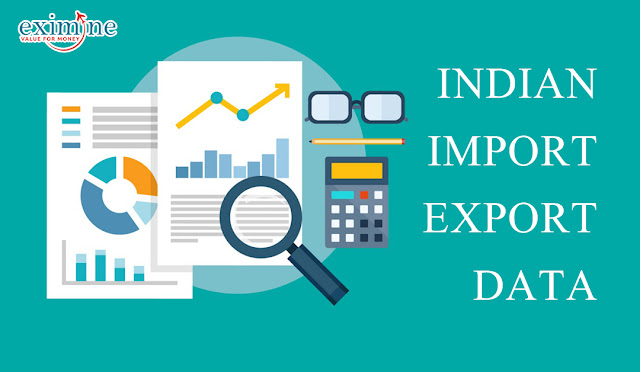THE REVIVING TERMS OF INCOTERMS FOR THE INTERNATIONAL TRADING
WHAT ARE INCOTERMS??
If you are in the business of international trading, then you cannot ignore the term Incoterms.
When it comes to the import export business, then Incoterms stand for International Commercial Terms.
The Incoterms are used as the rights and responsibilities for the importers and exporters in the international trafficking of products.
It is basically the international set of rules and regulations for the buyers and suppliers in the global trading business.
However, year 2020 has come up with the change in the set of rules and regulations of Incoterms as well.
The new rules and regulations starting from January 1, 2020 have come up.
Let’s go through to the most important changes in the year 2020 for the Incoterms according to the history of the import export industry.
● THE CHANGES OF INCOTERMS
The rules and regulations for Incoterms have changed in the year 2020 which leads to a lot of change for the importers, exporters, providers and logistics.
The changes include DAT becomes DPU, Increased insurance coverage for CIP, Bill of lading for FCA, Carriage with own means of transport and Clearer distribution of security obligations.
Let’s go through them, one by one in a detailed manner.
❏ DAT To DPU
If we talk about the previous set of rules and regulations of Incoterms which were followed since 2010, then DAT stands for Delivered at Terminal.
It used to represent that the products would be delivered at the right way following all the regulations as soon as they were dispatched from the terminal.
However, from the year 2020, DAT has become a DPU which stands for Delivered at Unloaded Place.
❏ Insurance Increased For CIP
The paid insurance makes sure that importers should deliver the products to the buyers but he should pay for the transportation and safety of the products till they reach the destination.
The top level of insurance in the international trading business which covers all the risks has increased in the latest version of 2020 for the coverage of CIP.
❏ Bill of Lading- FCA
If the FCA Incoterms negotiate between suppliers and buyers, then the supplier should safely deliver the products to the destination which can easily be identified by the buyers.
However, once the products shipped, the suppliers want to avoid the risks of the potential damage of the products.
For these risk factors, the Bill of lading for FCA was introduced in the 2020 version of the Incoterms.
❏ Carriage with Own Transport
According to the 2020 version of Incoterms, when the DAP, DDP, DPU and FCA are implemented, then the products transportation between the importers and exporters should be carried out from the third party.
This concept has been improvised in the new edition of Incoterms which includes the carriage with the importers and exporters own means of transport.
❏ Clear Distribution
Lastly, the Incoterms also help in providing the details of the allocations of the security needs such as the associated costs between the suppliers and buyers.
This move is very important for the security regulations of international trading.
This also helps in limiting the disputes of the costs that can happen at the distribution stage.
Eximine Services is one of the leading market research import export data provider companies which helps in providing you the latest, genuine, authentic and reliable import export data all across the world. For more details about the services of Eximine, kindly visit http://eximine.com



Import Export Data - We are a well-known import export data bank provider company in Delhi, India. Export Import Data contains customs shipment details of top importers and exporters. Some of the main fields of trade data are importer/exporter name, port name, product description, quantity, HS code, Price, etc. You can get this data year-wise, port-wise, HS-code-wise, country-wise, product-wise etc. We also provide free sample data before purchase.
ReplyDelete